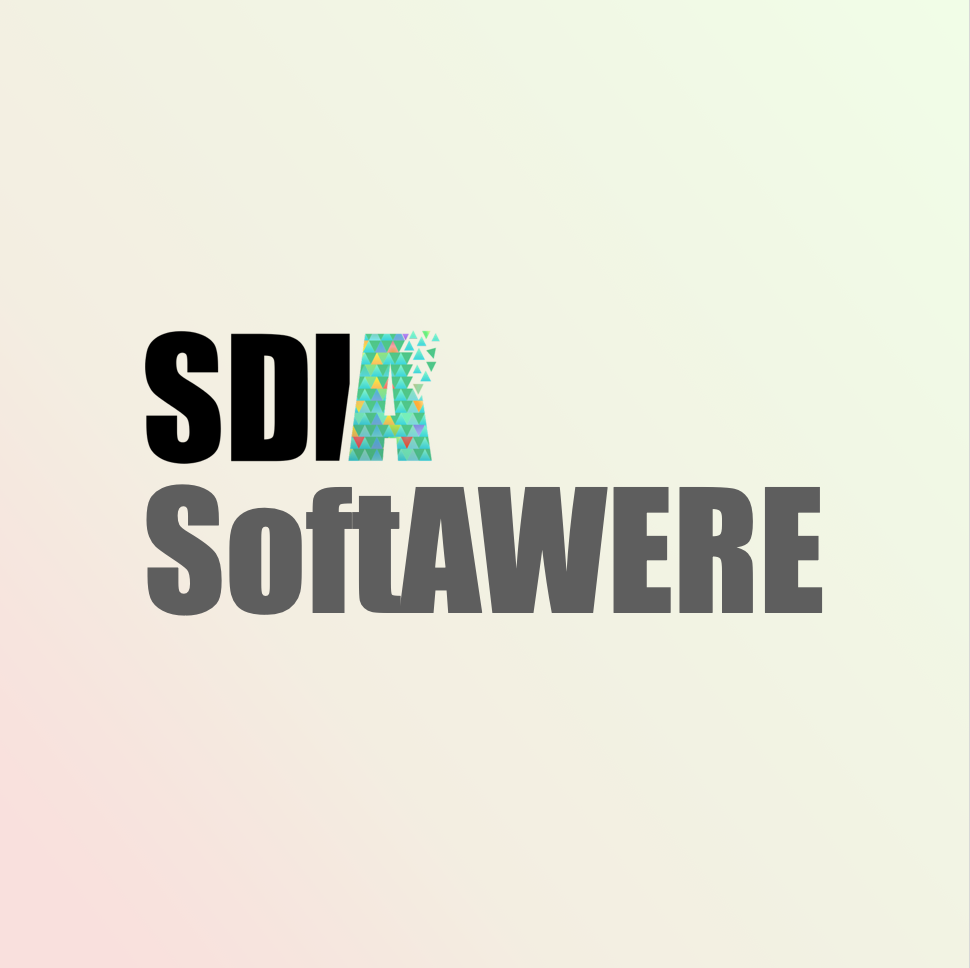The Sustainable Digital Infrastructure Alliance e.V. (SDIA) and the German Environmental Protection Agency (UBA) invite the open-source community to spend an afternoon measuring and reducing the environmental impact of popular open-source libraries and tools. Together we hope to make a positive contribution to the ongoing climate crisis.
The Sustainable Digital Infrastructure Alliance e.V. (SDIA) and the German Environmental Protection Agency (UBA) invite the open-source community to spend an afternoon together to measure and reduce the environmental impact of popular open-source libraries and tools. Together, we hope to make a positive contribution to the ongoing climate crisis.
The competition runs from 12:30-19:30 on 23 September 2022, with time to meet and talk afterwards. Teams and individuals are invited to either bring their own open-source projects or work on making improvements to popular libraries and tools. To kick things off, the SDIA will share an open-source measurement methodology as well as a Continous Integration test system that will be used during the day to assess and measure the environmental footprint of each project. This was developed on behalf of the German Environmental Protection Agency within the SoftAWERE project.
All improvements made during the day will be verified using the test system and reviewed by a jury of recognised software experts from academia, industry, and government. The teams who contribute the biggest reduction in environmental impact will take home a cash prize (in total, EUR 1,700 has been provided by the Ministry of Economics and Climate Action).
We think it’s important not to look at software applications and digital products alone but to also look at the building blocks used to create most of our modern landscape of tools, applications, and services. Open-source software plays a critical role - supplying the majority of libraries, programming languages, and tools that we use today.
Take a look at Drupal, the open-source content management system. Based on Statista, there are 937,000 websites using this CMS. In 2018, the average server power consumption was 250 watts. Assuming that each Drupal website on average occupies 10% of such a server, the total energy consumption of all the Drupal side would be approximately 205.2 Million kilowatt hours (kWh) per year. If we can reduce the energy consumption of Drupal by making improvements to the core application by 1%, we could save 2 Million kWh per year, or as much as 187 single-person households consume per year (a US residential utility customer consumes on average 10,715 kilowatt hours per year).
Both remote and in person participation is possible. The language of the event will be English. Everyone is welcome - individuals and teams - and we have prepared a few exercises to make sure no one is working alone.
You can register for the event here. Attendance is free.



Comments 0
The comments section is closed for articles published more than a year ago. If you'd like to inform us of any issues, please contact us.